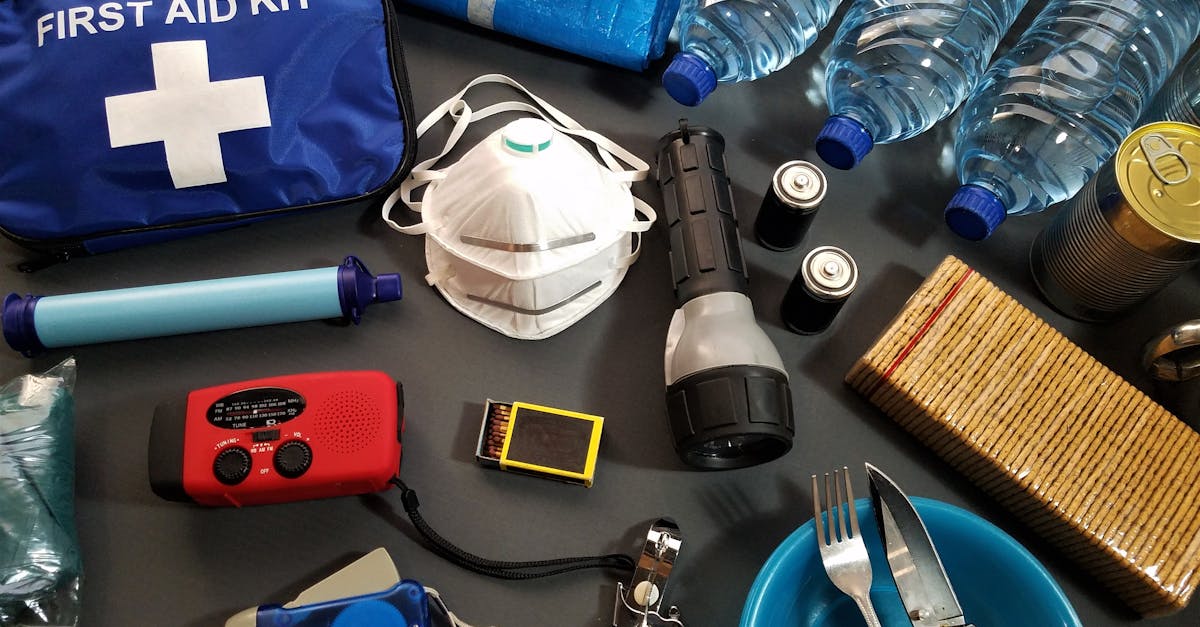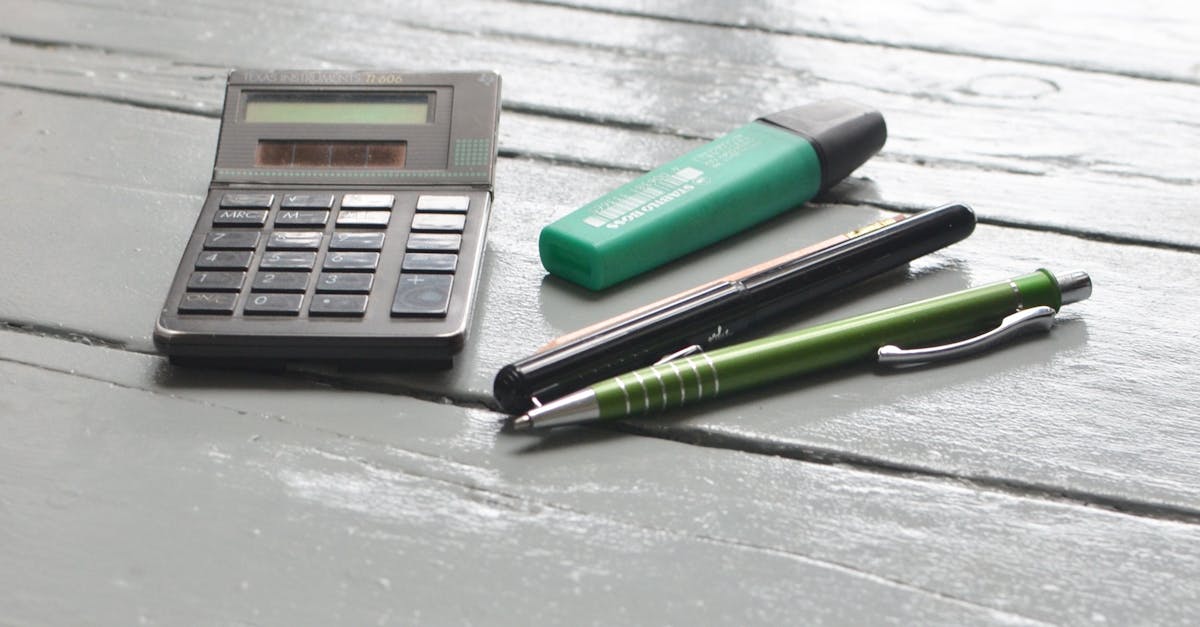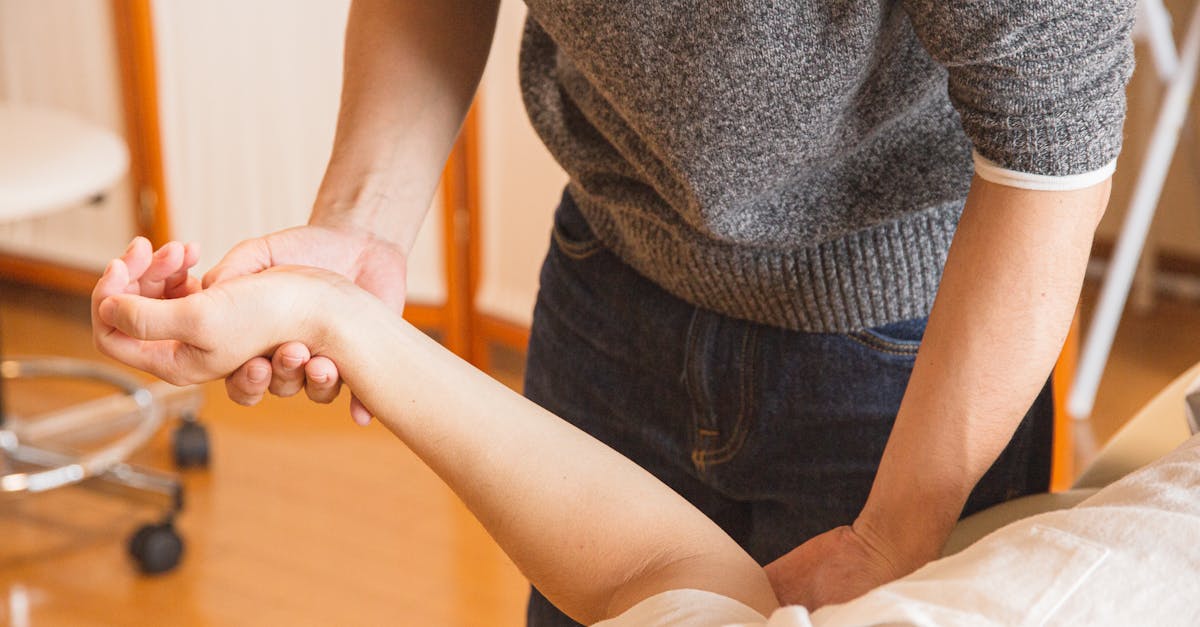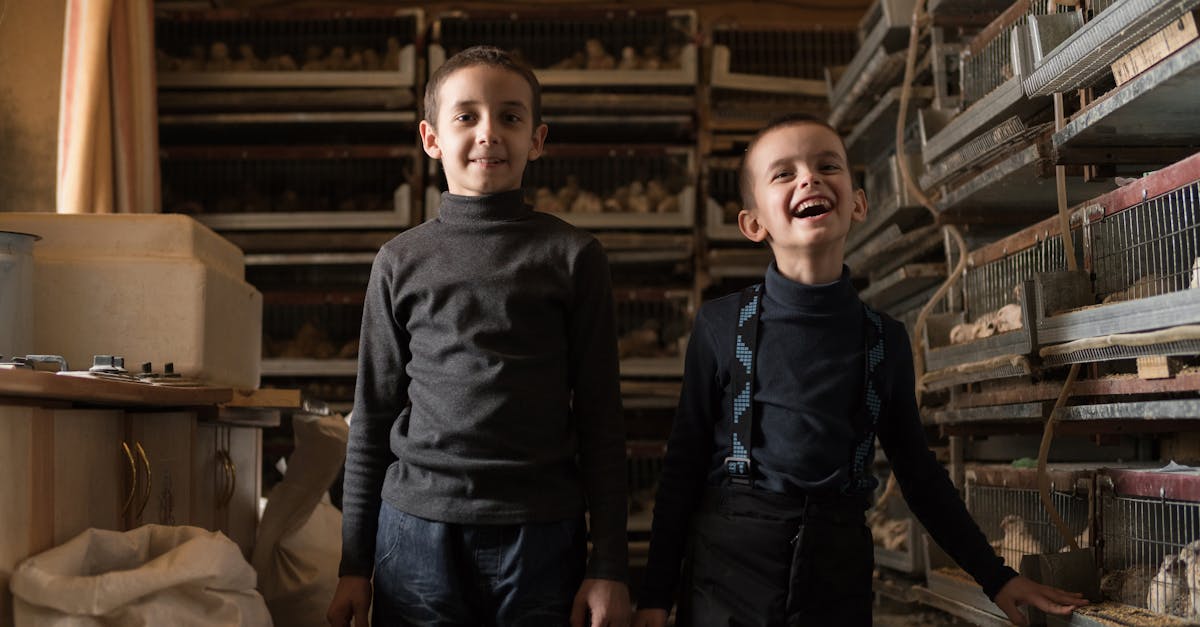Why Every Backyard Chicken Owner Needs a Well-Stocked First Aid Kit 🩺
Raising backyard chickens is a rewarding and enriching experience. Not only do these feathered friends provide fresh eggs, but they also bring joy and a sense of responsibility. However, like any pet, chickens can occasionally face health issues and emergencies that require immediate attention.
Having a well-stocked first aid kit specifically for your backyard chickens is not just a good idea—it’s essential. Minor injuries, infections, and other health issues can escalate quickly without prompt and proper care. This blog will guide you through the must-have first aid supplies to ensure your backyard flock remains healthy and happy.
The Fundamentals 🐤📦
Before we delve into specific items, let’s understand why having these supplies is crucial. Chickens, by nature, tend to hide their ailments, making timely intervention difficult but vital. Moreover, common issues such as cuts, infections, and parasites can easily spiral into more serious conditions if left untreated.
The Basics You Can’t Skip
When preparing your first aid kit, think of it as an investment for the welfare of your chickens. Here are the fundamental items every chicken owner should have:
- Gauze and Bandages: For wrapping wounds and securing dressings.
- Antibacterial Ointment: To prevent infections from cuts or scrapes.
- Scissors and Tweezers: For cutting bandages and removing foreign objects.
- Saline Solution: For cleansing wounds and eyes.
- Syringes (without needles): For administering liquid medications or feeding unwell chickens.
- Gloves: Always wear disposable gloves to maintain hygiene when treating wounds.
- Thermometer: To monitor temperature for fever or cold conditions.
Specialty Items for Common Chicken Health Issues 🏥
Treating Wounds and Injuries
Chickens are prone to injuries, either from pecking order disputes or environmental hazards. Quick attention to wounds is critical to prevent infections.
- Vetericyn Spray: A versatile, non-toxic wound spray that speeds up healing.
- Blue-Kote: An antiseptic spray also used to disguise wounds to prevent pecking from other chickens.
- Hydrogen Peroxide: For cleaning out deep wounds, though it should be used sparingly as it can harm tissue.
Parasite Prevention and Treatment
External and internal parasites can afflict chickens, leading to discomfort and health complications.
- Diatomaceous Earth: Used both externally and in the coop to combat mites and lice.
- Worming Medication: Available in liquid or tablet forms to treat internal parasites.
- Poultry Dust: For treating lice and mites; make sure you choose one that is safe for chickens.
Nutritional Supplements 🥗
Sometimes, health issues stem from nutritional deficiencies. Supplements can offer a quick solution to a myriad of problems.
- Electrolytes: Helpful during extremely hot weather or for newly hatched chicks.
- Vitamins and Probiotics: These improve overall health and bolster their immune system.
- Oyster Shells: For laying hens that need an extra calcium boost for stronger eggshells.
Steps to Prepare and Use Your Chicken First Aid Kit 🛠️
Organize Your Supplies
- Storage Box: Use a waterproof, portable container to store all your first aid supplies.
- Labeling: Clearly label each item and ensure that the expiry dates are within a safe range.
Educate Yourself and Your Family
- Learn Basic Chicken First Aid: There are numerous online resources and courses that can teach you how to use each item efficiently.
- Emergency Contacts: Keep the contact information of an avian vet handy.
Regular Maintenance
- Check Supplies: Periodically check and replace expired items.
- Clean: Ensure the storage box and its contents are clean and dust-free.
Real-Life Examples and Common Challenges 🛟
Injury from Fights
A common scenario involves chickens fighting, leading to injuries. In such situations, isolate the injured chicken immediately. Apply Blue-Kote to disinfect and protect the wound. Use Vetericyn Spray to accelerate healing. Ensure the chicken has a stress-free environment until it fully recovers.
Parasite Infestation
Finding lice or mites can be alarming. First, treat the infested chickens with Poultry Dust. Dusting should be done meticulously, covering all feathers, especially around the vent and under wings. Use Diatomaceous Earth within the coop to kill off lingering parasites and maintain a clean habitat.
Nutritional Deficiencies
A hen not laying eggs well or appearing lethargic may suffer from a nutrition gap. Electrolytes in their water can offer immediate assistance, and a regular dose of Vitamins and Probiotics can prevent future deficiencies.
Benefits of a Prepared First Aid Kit 🏅
Immediate Response
Having these supplies on hand ensures you can provide immediate care. Faster responses often lead to better outcomes.
Cost-Effective
Treating minor issues promptly can prevent costly veterinary bills. By taking proactive steps, you save both time and money.
Peace of Mind
Knowing that you can handle most health issues gives you peace of mind. It ensures that your backyard flock remains a joy rather than a source of worry.
Keep Your Flock Healthy and Happy ❤️
Maintaining a well-prepared first aid kit for your backyard chickens is more than just a precaution; it’s a commitment to their well-being. By equipping yourself with the right supplies, you ensure that you can handle most minor injuries and health issues efficiently. This means healthier, happier chickens and a more rewarding chicken-keeping experience for you.
Don’t wait until an emergency strikes! Review the items listed and start assembling your chicken first aid kit today. Your feathered friends will thank you with happy clucks and many eggs.
📝 Related Resources:
Investing time and effort now in assembling and learning how to use a chicken first aid kit can make all the difference for your backyard flock. Thank you for taking the first step toward becoming a more prepared and responsible chicken owner!











